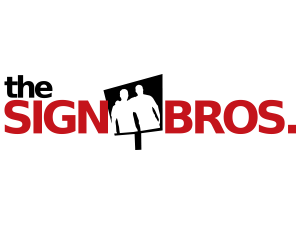When I first came to Athens for my MBA program, the professors required students to spend a week participating in orientation classes and activities. I learned a lot, and the orientation curriculum allowed me to meet some of the coolest people I know, but one day out of that week still makes me cringe. This was the day an expert came in and taught us how to improve the way we “network” and meet new people.

Networking Rules Are Weird
Up until that time, meeting new people and building relationships seemed to be a fairly intuitive process to me. “Networking,” however, appeared to require a different approach: a sort of cold and calculating way to “work” a room.
The school’s guest specialist gave us tips on how to jot down notes about people’s spouses and children, so that when we called them periodically, we could be sure to ask about them for that extra personal touch. At one point, I raised my hand and asked, “Wouldn’t it be better just to try and genuinely give a crap about these people rather than going through the motions of pretending to care?” I’m pretty sure my teachers all loved me.
Am I suggesting the solution to networking is to try and become real-world, bona fide friends with everyone? that would certainly simplify things, but that’s not quite what I’m getting at. Realistically, you won’t establish a deep personal bond with everyone you meet, but you have a better chance at forming an acquaintance when you’re friendly in a way that at least feels natural. A connection quickly feels false when you adhere to a textbook method of conversation.
Tips & Tricks Are OK
Please don’t get me wrong, actively working to build the size and quality of your network is a worthy endeavor. Tips and tricks in this area can also be helpful. For example, I’m personally not the greatest at remembering names, and some pneumonic devices out there actually help me do a better job with this. I also find that it’s helpful for me to set arbitrary goals of talking to at least a certain number of new people at any given event.
But making small talk and remembering someone’s name is really just the beginning.
How Are We Thinking About Our Connections?
There is a fundamental need to shift the way you think about networking in order for everyone to really reap the benefits of the relationships we’re all forming.
The more wrapped up we get into professional networking super-secrets, the easier it is to forget that the best way to form relationships on a professional basis is to approach people the way you might socially.
The next time you come across compelling networking tips, make sure the advice is focused on helping you connect in a meaningful way.



























